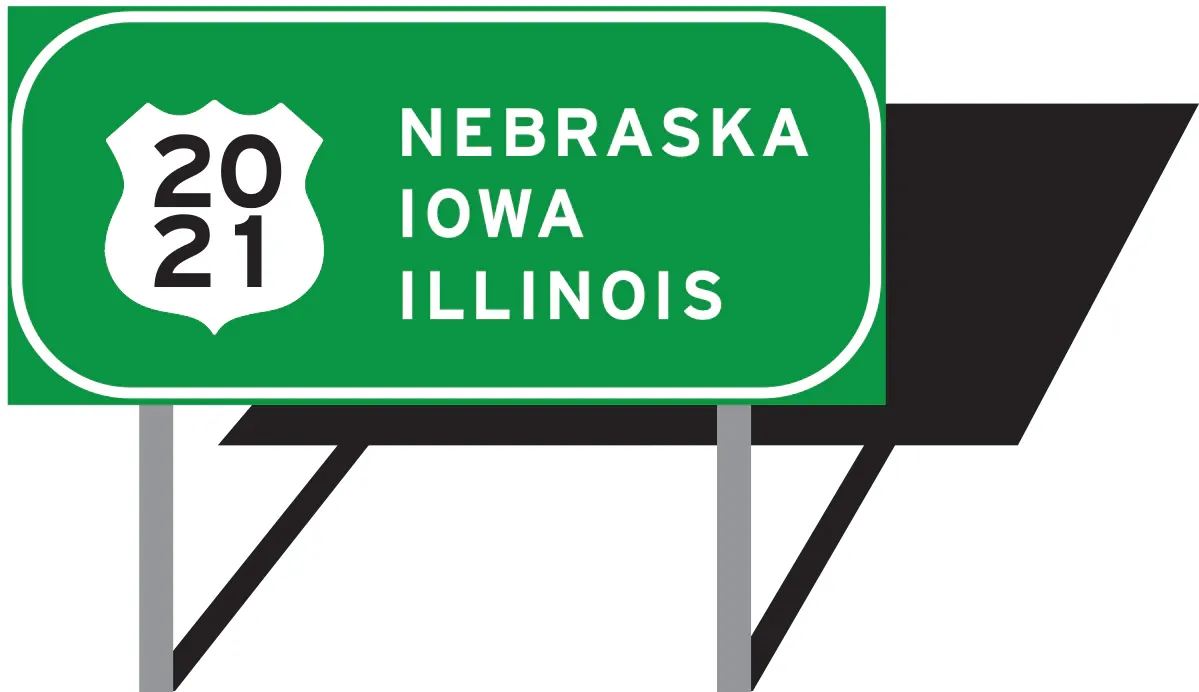Rethinking the 40-hour work week and difficult people
Welcome to September. This week, let's talk about the traditional 40 hour work week. We take it for granted that it's 'always' been this way. Yet long before the Industrial Age, people worked long enough to feed their families. There was more leisure time with research showing this was about 20 hours per week.

With the rise of factories, we needed workers to complete repeatable processes over and over to achieve production goals. It made sense to have predictable schedules and limiting it to 40 hours meant workers could find some balance.
In the tech age, it's been considered cool to work 60 - 80 hour weeks. That showed dedication and tenacity. It showed you were willing to do what it takes to get ahead. Even a badge of honor. Yet we're far from productive over 70 hours.
While the 40-hour work week makes sense for factory-level work, it doesn't translate to knowledge work. No matter how hard you try, you're not equally productive all 8 of those hours all of those days.
Notice when you feel you do your best work? Probably in sprints. A writer is damn lucky to get four solid hours of writing done in a day. Even if they have all day to write more. After that, the brain is mush. Quality plummets.
I know I have bursts of energy where I ideas and words spew forth until they don't. But I know I'm not "ON" 8 hours daily. Add in meetings and distractions and anyone's lying if they tell you they rock a full day.
In knowledge work, the power is in the ideas. It's in the output. Sometimes brilliance only takes 10 minutes. Sometimes several days of "shower time" followed by those 10 minutes when the dots miraculously connect.
This is why you want to schedule your most creative work during the times of day that you know you're at your best. And the mundane tasks when you have less clarity of brilliance.
Unlike setting your car's cruise control at 60 and racking up the miles, your brain doesn't work that way.
“The future ain’t what it used to be” - Yogi Berra
You can train yourself to show up and work. You can kick procrastination to the curb by 'turning pro' as Stephen Pressfield urges us to do. We know that waiting for inspiration and THEN working is a fallacy. Showing up is where you build predictability into your productivity. Still, you ain't going to muster 40 hours of continuous high-quality work.
So does that mean companies shouldn't require people to work 40 hours? It's not so easy. Creative work can't always be planned and scheduled. There's a lot required to collaborate, align and execute plans. There also needs to be predictable ways to compensate people, hence job descriptions, goals, reviews and all of the infrastructure that powers our companies. Yet so much of a knowledge worker's time is consumed my meaningless meetings and busy work. There's opportunity to refine how we work in a company.
It's taking fewer and fewer people to build multi-million dollar - if not billion dollar - companies. It's the kinds of things we're building today and the tools available enabling this. Which is why how we work is changing. And why we can work more flexibility and location independent.
If companies are to consider rewarding knowledge workers for the quality of their output, that means everyone needs to be 10x better. You can't skate by. This isn't a bad thing, but it also could up end our economy. Everything is connected. People need to earn a living. With fewer and fewer needed to produce our goods and services, this is a conundrum. However, it could free up resources to tackle thorny climate change problems. Like reducing food waste.
It's also why you can create another business on the side.
Sure, building the next Tesla takes wicked dedication. I'm not talking about that. I'm talking about what's immediately available for you and me. Those of us mid to later career rethinking our future.
Those of us who enjoy working. And realize that retirement is a myth. Tim Ferris talks about multiple retirements. The spirit of bursts. Work as a 'project'.
I know that when I leave the traditional workplace I want to continue working but entirely on my terms. This is the premise behind what I'm writing about. I know that I'll always making pictures. I'll always be writing something. And I'll always be up for helping someone build a brand. A team. A biz. I enjoy coaching as much as I enjoy creating. These are all things we can do until we cultivate daisies if we choose. But not because we have to. But because it feeds our soul. It gives us purpose and energy. It keeps us sharp.
Can you embrace difficult people?
I bet that anyone who's spent any amount of time in an office has encountered the thorn in their side. Yes, that person who stirs the pot, shakes up the status quo and makes you uncomfortable. Maybe they're a bully (which shouldn't be tolerated). Or maybe they take bold risks and push unconventional thinking in unconventional ways. Assuming they have integrity and ethics, that can be good for you. And good for the company.
I once worked in a company that didn't value anyone who colored outside the lines even a smidge. There was THE way to do things and even the words you used to describe a framework were called into question for not being the kind of words used there before. It was suffocating.
We want to work with people like us who like us. Makes it so much easier to get work done. But it's the diversity of perspectives that puts the secret in the secret sauce. Companies that can harness opposing views to create something greater are those that win.
Asking probing questions that challenge legacy assumptions keeps a company relevant. Yet most companies don't like those that do so. They threaten the old guard.
Forward thinking leaders embrace differences. They encourage differences. If you're the one who's different and causing trouble, look for ways to get your message understood. If you're the one feeling annoyed by someone, ask yourself why. And ask yourself what you're not seeing that they see. It may foster an epiphany that catapults you upward.
If you're the leader building a team, look for diversity. Look for those that challenge you and the team to grow. Even if it makes you uncomfortable.
Differences are good. Especially as a company of one. Makes it easier to stand out from the pack. If you're finding yourself the same as everyone you work with, maybe you should consider working somewhere - or creating something - where you're valuably different. If you're creating a business that's just like what's familiar, think again.
What say you?
If you enjoyed this post, please share with friends!

Roadtrip!
I know I'm late with the letter this week and next week I won't publish an issue as I'm traveling to the midwest to photograph Highway 20 in Nebraska, Iowa and Illinois. It's part of my quest to capture the longest road in the U.S., which goes from Newport, Oregon to Boston, Massachusetts over 3,365 miles. I do this one week a year and should make it to Boston in 2024.
Expect to hear from me the week of September 12. Until then . . .go build.
